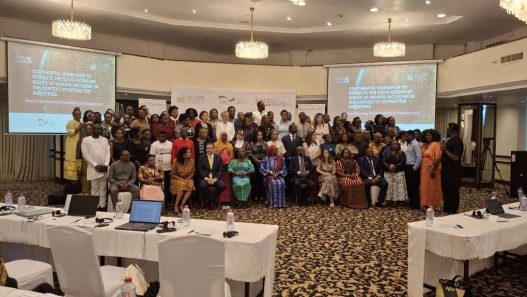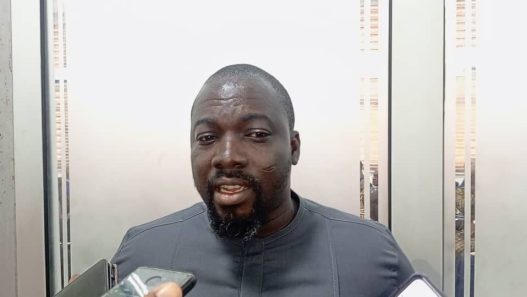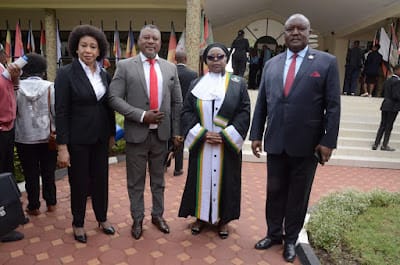Accra, Ghana – September 25, 2025:
Calls for urgent action to bridge the gap between Africa’s commitments and the lived realities of its women dominated the opening day of the Continental Workshop on Promoting the Socio-Economic Rights of Women, taking place in Accra from September 25–26, 2025.
The two-day workshop, convened by the Secretariat of the African Commission on Human and Peoples’ Rights (ACHPR) in partnership with the German Federal Ministry for Economic Cooperation and Development (BMZ) through the GIZ-African Union AWARE Project and Ipas Africa Alliance, has brought together diverse stakeholders — including AU bodies, national human rights institutions (NHRIs), civil society organizations, academics, and private sector actors — to raise awareness and craft solutions to advance women’s rights across Africa.


Speaking during the opening session, Hon. Amina Ali Idriss, Vice-Chairperson of the Pan-African Parliament’s Committee on Transport, Industry, Communications, Energy, Science, and Technology, decried the persistent gap between the existence of robust legal frameworks — such as CEDAW, the African Charter on Human and Peoples’ Rights, and the Maputo Protocol — and their lack of effective implementation.
“Africa’s commitments will only make sense if we succeed in transforming declarations into visible results in the daily lives of African women,” Hon. Idriss stressed. She called for concrete measures to ensure women’s full participation in decision-making on natural resources, equitable benefit-sharing in extractive industries, protection of women workers from exploitation, and investment in training and innovation to position women as leaders in Africa’s economic transformation.

Hon. Chindaculema Sarfina Filipe Franco, a Member of the PAP Committee on Cooperation, International Relations and Conflict Resolution, contributed to plenary discussions by linking cultural practices such as early marriages to socioeconomic vulnerabilities. “Adolescents’ place is in school, not to start a family,” she admonished, warning that early pregnancies endanger both mother and child.
Delivering Ghana’s national statement, Madam Faustina Acheampong, Director of the Department of Gender under the Ministry of Gender, Children and Social Protection, outlined key national interventions including the Affirmative Action (Gender Equity) Act, 2024, and plans to establish a Women’s Development Bank to expand financial inclusion for women, particularly in underserved areas.
Day one featured panel sessions on international and regional frameworks for women’s socio-economic rights, the intersection of reproductive justice and empowerment, the role of education in closing disparities, and health and social protection as tools to address vulnerabilities.
The workshop is expected to produce actionable strategies to strengthen the implementation of AU instruments, close gender gaps in extractive industries, and ensure that women — including those with disabilities, young and elderly women, and those in rural communities — are fully empowered to contribute to Africa’s development agenda under Agenda 2063.
Source: Gilbert Boyefio||appn.press

















